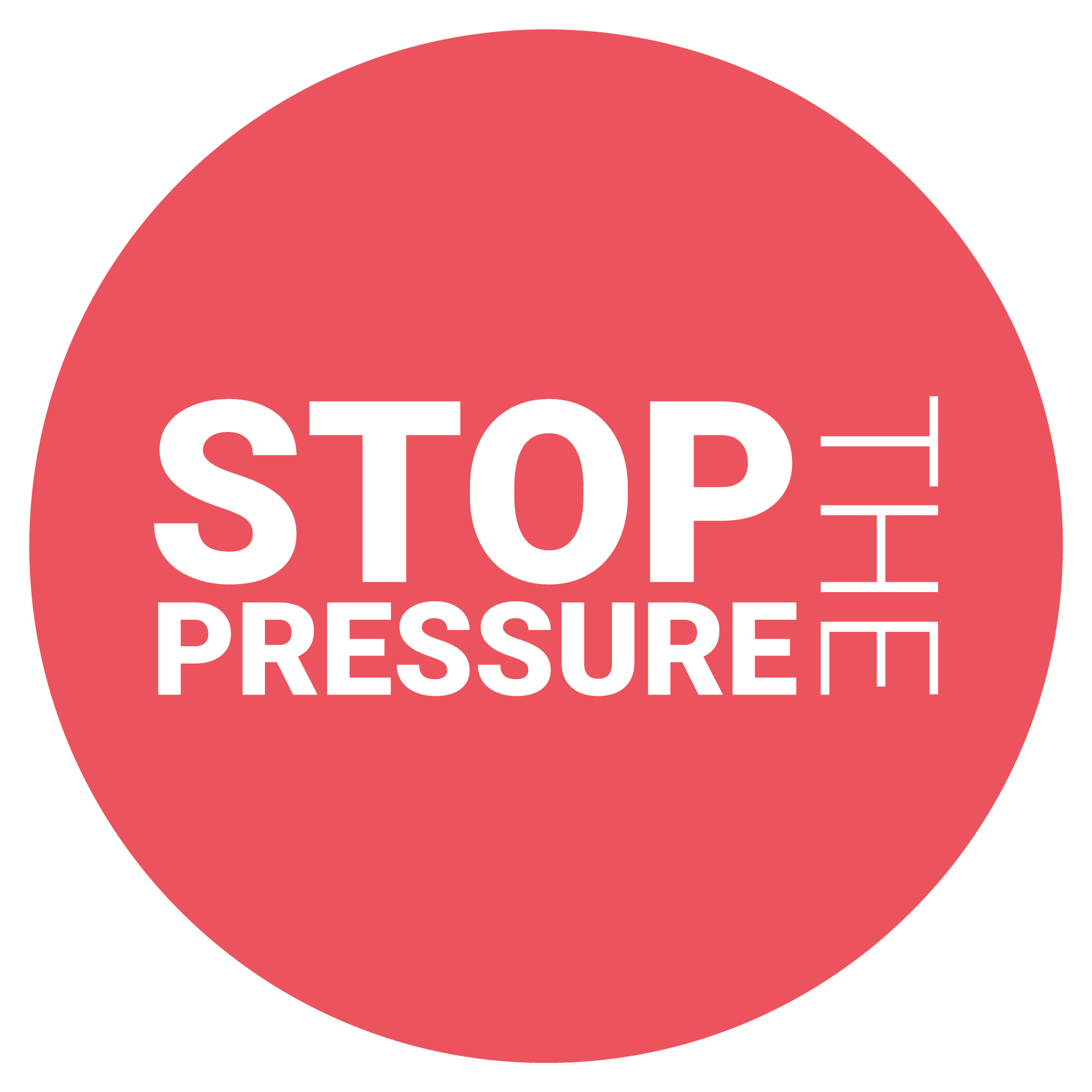Each year, Stop the Pressure Week which runs from 17 to 21 November coincides with the International Stop Pressure Ulcers Day which is Thursday 20 November. This day serves as a reminder of the importance of preventing pressure ulcers, a condition that can significantly impact the lives of patients, their families and carers.
Pressure ulcers continue to affect patient safety and quality of life worldwide. Healthcare providers in the UK and beyond continue their mission to reduce the incidence of pressure ulcers 365 days per year. This year’s annual campaign includes stepping up with a focused initiative to raise awareness and reduce harm.
The theme this year is “What Matters to me” and focuses on:
- Raising awareness
- Education and proactive care
- Safeguarding vulnerable individuals
Pressure ulcers can cause significant pain, distress and complications, including prolonged hospital stays, reduced mobility, and even life-threatening infections. Prevention is achievable and essential.
Many pressure ulcers are preventable, so when they do occur, they can have a huge impact on the wellbeing of patients and their families, they can be both painful and debilitating. Success in prevention starts with awareness, education and the right tools in place.
Care shouldn’t be done to patients; it should be done with them. Success begins with understanding what really matters to them, in their own context, and adapting care to meet those priorities.
NHS Lincolnshire, with system partners, has developed a dedicated area on their website – Tissue Viability – Prevention and management of pressure ulcers/injuries giving patients, their families and carers access to information about:
- What a pressure ulcer is,
- Who is more likely to develop them,
- Signs and symptoms to look out for,
- Incontinence, and
- Help and support
